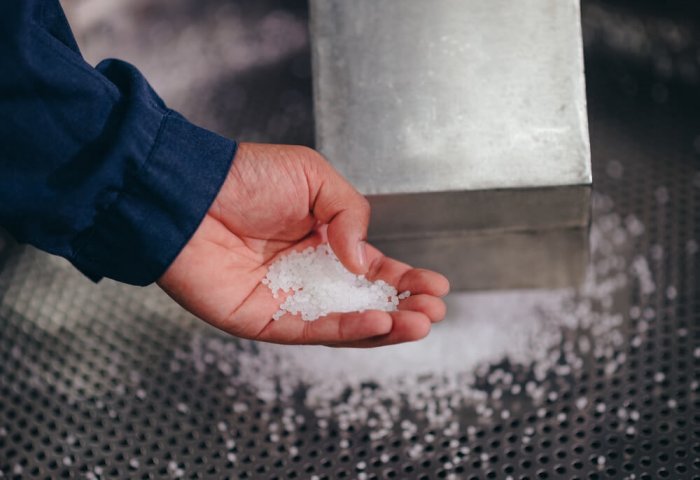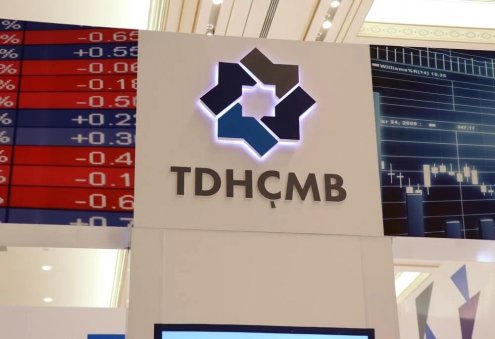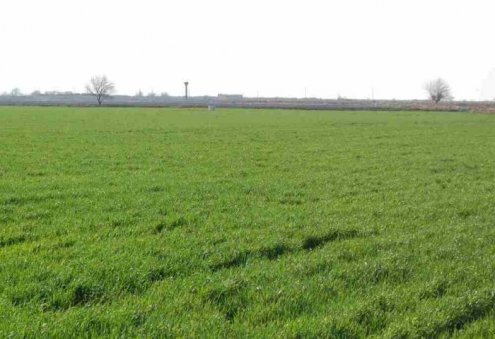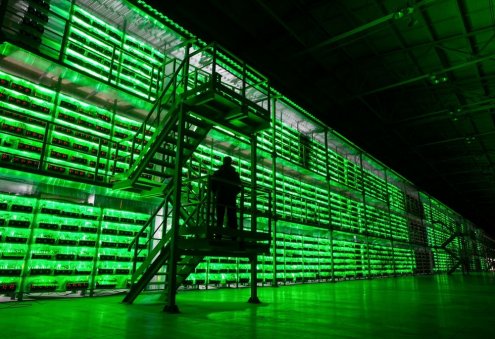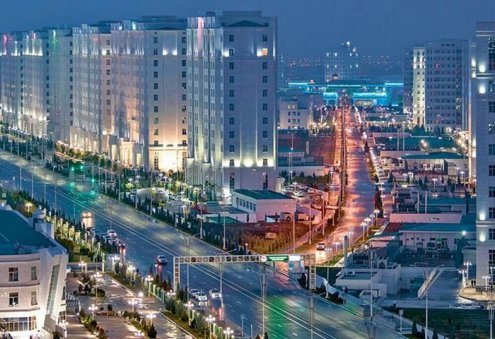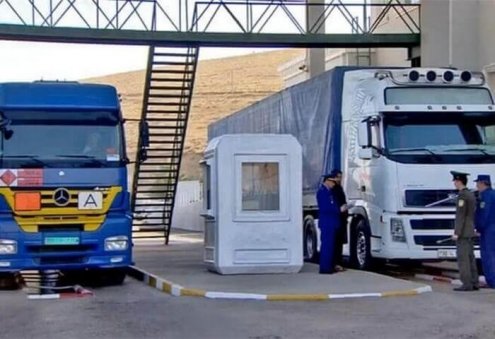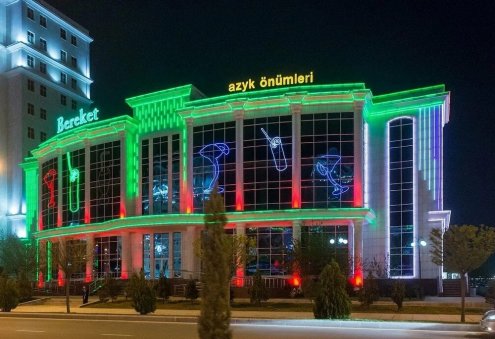Polypropylene, better known as PP, is a crystalline thermoplastic formed from a mixture of different polypropylene monomers. It is known for its toughness and rigidness. Being resistant to many external factors makes PP one of the most used thermoplastics in the plastic manufacturing industry.
PP is broadly used in producing many different kinds of products in various industries throughout the world and the demand for it is on the rise. It’s is mainly used in the production of water pipes and heating appliances, car parts, cleaning fabrics and sponges, heat-insulating carpets and nylon fabrics in the textile industry, as well as in the production of bags, packages, dishes, garden furniture, diapers and protective equipment.
The following factors can be attributed to the PP market’s growth and the increase in its utilization:
- Growing packaging Sector: Polypropylene accounted for the highest production volume among all plastics in 2019 due to its rising usage in packaging applications, according to PlasticsEurope. These products include food packaging, hinged caps, pipes, microwave containers and automotive parts. The packaging industry sector in India grew by 26.7% over the year. The growth of the share of the food and pharmaceutical industries in the total industrial production of the country by 45% and 25% respectively affects the development of the PP market.
- There has also been an increase in the use of Anti Scratch additives for PP in consumer products (furniture, toys and other day-to-day items). Electrical and electronic hardware bodies are also an important application area for Anti Scratch additives for polypropylene. Laptop and phone bodies are made from lightweight materials and with the growing demand for aesthetics and visual appeal, the overall demand for Anti Scratch additives for polypropylene is expected to grow.
- Growing demand for non-woven PP fiber. The rising demand for nonwoven polypropylene fiber is also boosting the PP market, as such material is widely consumed to make The increasing demand for nonwoven polypropylene fiber is also propelling the polypropylene market, as such material is widely consumed to make needle punch durables, which are themselves consumed during the production of geotextiles, coating substrates, vehicle components, indoor & outdoor carpets, upholstered furnishing, blankets, and bedding.
Advantages of using polypropylene raw materials:
- Water-resistance – a quality that is extremely useful in industrial and medical applications.
- resistance to biological conditions like fungi and bacteria;
- high resistance to electricity, which makes it compatible for the manufacturing electrical components;
- low price compared to other thermoplastics such as PET, PS and LDPE;
- PP is completely recyclable, making it even more inexpensive to process without harming the environment.
Despite different assumptions in polypropylene market outlook, the sector is expected to gradual grow. According to a study published by Polaris Market Research in 2018 before the pandemic, the global PP market is anticipated to reach $120.11 billion by 2026. However, during the COVID-19 pandemic, the polypropylene market was hit severely as the shutting down of most manufacturing plants led to a reduced demand for the plastics. Another research company P&S Intelligence expects the global PP market to reach $165.6 billion by 2030.
With the increasing demand for polypropylene, countries continue to invest in polypropylene facilities. The construction of the new $1.7 billion plant will begin in Turkey in the near future The launch of the plant is expected to allow Turkey to reduce its purchases abroad.
Turkmenistan also aims to increase the PP production for the development of the local industrial sectos. The Deputy Chairman of the Cabinet Serdar Berdimuhamedov has announced a proposal to introduce new equipment and production facilities in the country. In this case, Turkmenistan will become a significant exporter of polypropylene to meet the needs of other regions, especially the developing Asian market. The sale of polypropylene is one of the main transactions at the State Commodity and Raw Materials Exchange of Turkmenistan.
Nurmyrat Mommayev,
PhD Candidate at Marmara University's Department of Political Science and International Relations in Istanbul, Turkey

